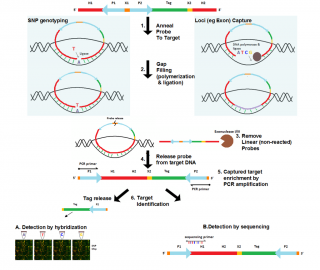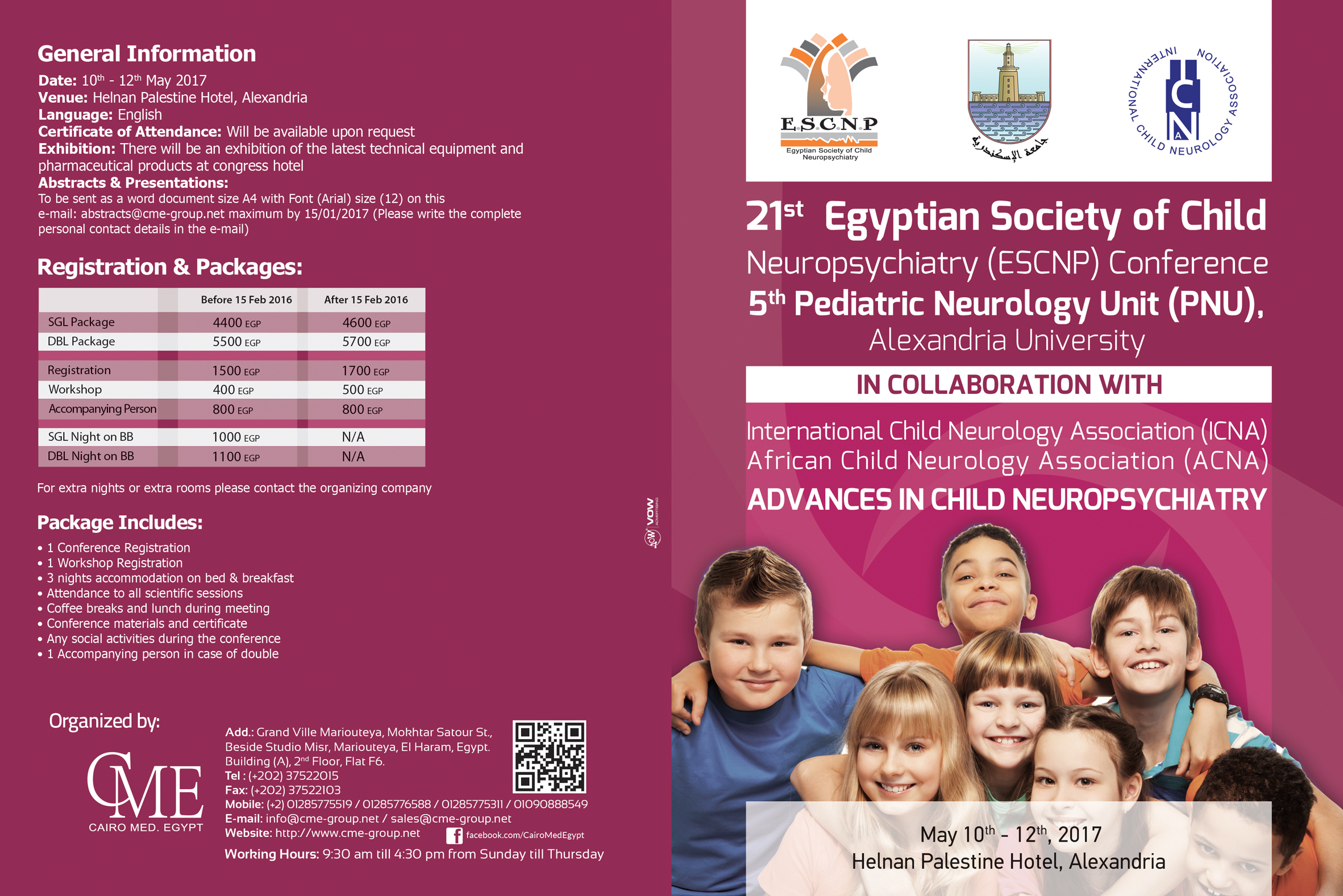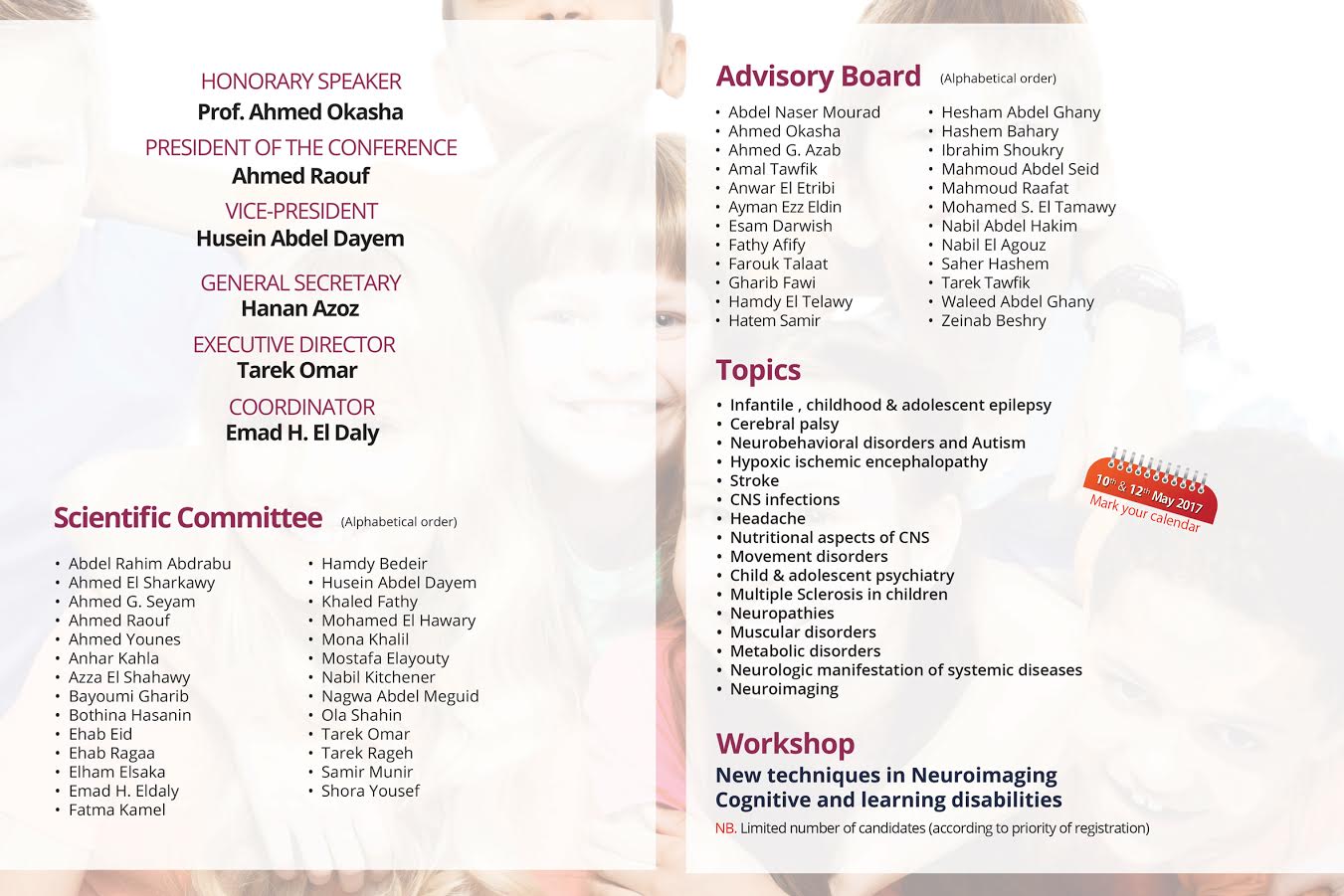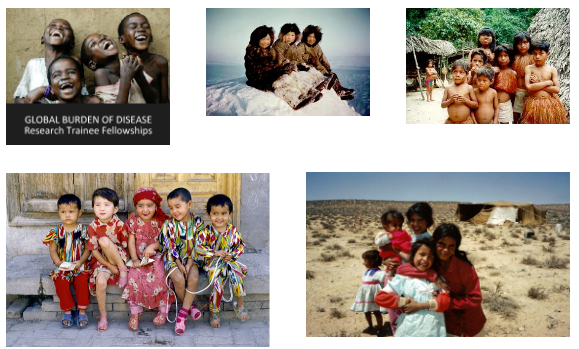
Dear colleagues,
We are writing today to ask for your support for the International Child Neurology Association (ICNA) and its activities. http://www.icnapedia.org
The work that ICNA performs is entirely financed from funds raised. Membership is now free and has grown considerably to over 2,000 members since we implemented this policy in 2012.
Strategic aims of the ICNA
- Helping and supporting colleagues from resource poor regions to elevate standards in the clinical practice of child neurology and neurodisability internationally.
- ICNA has ambitious plans to advance this cause through increased educational programs in resource poor countries.
- The International Child Neurology biennial congresses (ICNC) are on track. These academic meetings are greatly valued for their state-of-the-art scientific content and interactive educational workshops and have been highly successful over the years. Following a landmark clinical, scientific and educational ICNA congress in 2016 in Amsterdam, we are looking forward to our next ICNA Congress, Nov. 15-18th, 2018 in enchanting Mumbai, India. Our congress theme will focus on “Protecting the developing brain and preventing disability”. Please mark your calenders for this event as we will shortly be sending out a call for the submission of competitive symposia.
- An open access free electronic journal (JICNA) has been recently launched (editor Charles Newton) and there is continued expansion of online resources on our website ICNApedia including online lectures, guidelines, WHO alerts, clinical videos, neuroimages, journal watch, fellowship and research grant opportunities including our global burden of disease seed grant fellowships, etc.
The educational programs of ICNA in 2016 were enormously successful with 18 meetings across the globe, which is the highest annual number to date. The countries included Bangladesh, Barbados, Brazil (4 sites), Colombia, Egypt, India (3 sites), Iran, Italy, Jamaica, Myanmar, Russia, Tanzania, and Zimbabwe, illustrating the aim of ICNA to try and ensure global reach.
The feedback from participants has been highly positive as were the clinical and scientific interactions. ICNA board members as well as general ICNA members donated both their time and their expertise as well as in the large part supporting their own travel to meeting sites, which underlines the true beneficence of our members and our mission.
We would like to specifically acknowledge the efforts of our 2016 meeting organizers namely Banu Anlar (Turkey), Ana Carolina Coan (Brazil), Paolo Curatolo (Italy), Marilisa Guerreiro (Brazil), Ahmed Raouf Ibrahim (Egypt), Sakkubai Naidu (USA), Pratibha Singhi (India), Ingrid Tein (Canada), Sylvia Tenembaum (Argentina), Vanessa Van der Linden (Brazil), and Jo Wilmshurst (South Africa).
A public health emergency has been recognized by the WHO and PAHO arising from the mosquito-borne ZIKA virus which is leading to an endemic disease of profound congenital microcephaly with severe developmental disability, seizures, blindness, spasticity, and deafness as well as acquired transverse myelitis and Guillain-Barre syndrome in the Southern hemisphere and moving toward the Northern hemisphere. ICNA designed and delivered a series of ZIKV educational symposia to heighten awareness of the clinical recognition, diagnosis, management and prevention of ZIKV associated morbidity and mortality.
These workshops held in Brazil (Recife, Campinas, Sao Paolo, Iguazus), Colombia (Bogota) and the Netherlands (ICNC2016, Amsterdam) were highly successful in disseminating critical up-to-date information and WHO guidelines internationally, as well as in high endemic regions to over 2,700 health practictioners many of whom were/are directly in the front-line. We are extremely grateful for the hardworking and steadfast efforts of our ICNA-ZIKV working group members (Vanessa Van der Linden, Marilisa Guerreiro, Ana Carolina Coan, Helen Cross (UK), Jo Wilmshurst, Charles Newton (Kenya, UK), Ingrid Tein).
One of the new aspects of the ICNA educational mission has been to partner in several instances with the International Committee of the Child Neurology Society (CNS) in the USA. This committee is headed by Jorge Vidaurre, a Spanish-speaking epileptologist from Nationwide Children’s Hospital in Columbus, Ohio. We have obtained a small budget from the CNS for certain joint ventures. Since 2015, we have had joint meetings with the CNS in Bolivia, Honduras, Tanzania, and Zimbabwe and have endeavoured to have Spanish-speaking faculty whenever appropriate.
ICNA has also aligned its goals in reducing the global burden of neurologic diseases associated with intellectual disability, epilepsy and traumatic brain injury with the World Federation of Neurology and as a member of the World Brain Alliance. Through the WBA, we are advocating for recognition of Brain Non-Communicable Diseases by the WHO and for support from governmental, social and public sectors to prevent, reduce and/or modify the exponentially increasing human and financial cost of all neurodegenerative disorders.
As we are about to embark into a new year of promises and aspirations to benefit and maximize the potential of children in all corners of the world, we are reaching out for your valued support. Please consider making a donation to ICNA. No amount is too small! As an international group, we expect donations to be highly variable in the amount. It is perfectly OK to donate US $25 (or more) and be listed as a donor on the ICNA website. This support will fund more critically needed educational meetings in resource-poor regions. Every dollar goes directly toward education and makes a synapse in our network between resource-rich and resource-poor regions. We truly need this support!
Please visit the ICNA webportal at http://www.icnapedia.org to make your donation. If possible, we prefer not to have paper checks because of excessive bank charges. We will be happy to provide you with a letter of thanks acknowledging your donation.
We sincerely thank you and extend to you and your family our best wishes for the holiday season and for a very joyful, peaceful and prosperous 2017.

Read More
- Details
- ICNA
- News
- Hits: 944
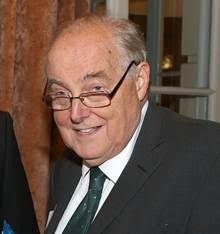
It is with great sadness that we report the passing of Brian Neville, formerly Professor of Paediatric Neurology at UCL Institute of Child Health, London 1989-2004, and The Prince of Wales’s Chair of Childhood Epilepsy 2004-2007, in the early hours of 14th December 2016. He had battled ill health over a long period of time.
As the first Chair of Paediatric Neurology in the UK, he set up the first academic department of Paediatric Neurology and Neurodisability at Great Ormond Street Hospital and the Institute of Child Health (later UCL-ICH). He wrote the training programmes for Paediatric Neurology for Europe and the UK with the integration of neurodisability and child psychiatry and also worked on the latter training programmes for neurodisability. He founded European Academy of Childhood Disability and was chairman for 12 years, and founded the European Society for movement analysis in children, chairman for 10 years. He was instrumental in establishing the British Paediatric Neurology Association, of which he over the years was a committee member, secretary and president. Above all, however, he was an extremely caring man, who always thought of the children and their families first and foremost. He will be sadly missed.
Professor J Helen Cross OBE
The Prince of Wales's Chair of Childhood Epilepsy
Deputy Head of Developmental Neurosciences Programme
UCL-Institute of Child Health
30 Guilford Street
London
WC1N 1EH
Read More
- Details
- Helen Cross
- News
- Hits: 804
Parents of children with epileptic encephalopathies are far more likely to carry a mosaic mutation than previously thought, according to an international study that was presented at 2016 annual meeting of the American Epilepsy Society in Houston. According to the abstract presented at the meeting 10 of 109 families were found to have the mosaic de novo mutation causing epileptic encephalopathies in one of the parents. This meant that additional offspring were also at increased risk of being born with the condition. Three of those 10 families already had a second child with epileptic encephalopathy.
De novo mutations are considered to be either sporadic events that happen in the germ cells of a parent and hence a low risk of recurrence, or they occur post-zygotically in the developing fetus. But these new findings suggest that those 10 percent of parents they have a much higher risk of recurrence. The findings of this study have major implications in the way families who have a child with an epileptic encephalopathy undergo reproductive counselling.
A new, highly sensitive technology called single molecule molecular inversion probes was used to quantify the percent of cells from parents' blood or saliva carrying a mutation in one of 31 established epilepsy genes and previously reported as de novo by either clinical or research analysis of parental DNA. Traditional Sanger sequencing methods would not have identified the mosaicism found in six of the fathers and four of the mothers since the fraction of mutant alleles identified ranged only from 3 to 25 percent. The greater the number of mutant alleles, the higher the likelihood of having another child with the abnormality, although the probability is still small with 3 to 20 percent of mosaics.
Read more:
AES Abstract 1.335: Myers C, Thuesmunn Z, Muir A, et al. Frequency of mosaicism in parents of children with epileptic encephalopathies.
Read More
- Details
- ICNA
- News
- Hits: 825
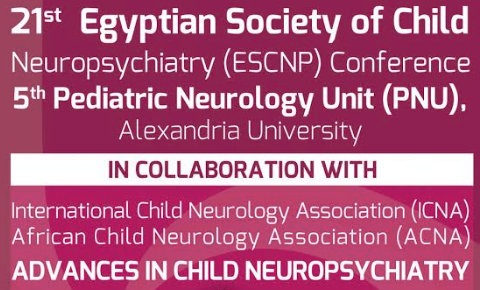
I am happy to announce that the joint meeting of the 21th Egyptian Society of Child Neuropsychiatry Conference (ESCNP), 5th Alexandria University Conference (PNU) and 1st African Child Neurology Conference (ACNA) will be hosted at Helnan Palestine Hotel, Alexandria, Egypt on May 10-11, 2017.
The conference is usually attended by a good number of high calibre Pediatric Neurologists, Neurologists, Psychiatrists, Pediatricians from Egypt, Arab & African Countries.
2 Workshops will also be arranged pre and post conference to provide hands on training on Paediatric EMG & EEG. Please send us your abstracts ASAP.
Looking forward to welcoming you all.
Ahmed Raouf, MD.
Prof. of Pediatrics & Pediatric Neurology
President of the Conference & Association
President of Egyptian Society of Child Neuropsychiatry ( ESCNP )
President Elect of African Child Neurology Association ( ACNA )
President of Pan Arab Child Neurology association ( PACNA )
EB Member of International Child Neurology Association ( ICNA )
+2 0100 142 6669
Read More
- Details
- ICNA
- News
- Hits: 753
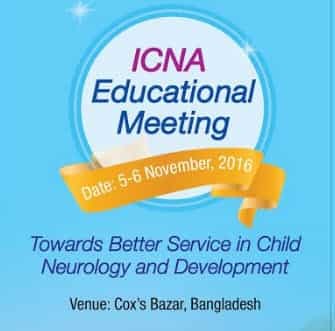
The Institute of Paediatric Neurodisorder and Autism (IPNA) in Bangabandhu Sheikh Mujib Medical University (BSMMU) and International Child Neurology Association (ICNA) are proud to announce the ICNA Educational Meeting to be held in Cox’s Bazar, Bangladesh from 5-6 November 2016. The title of the meeting is “ICNA Educational Meeting: Towards Better Service in Child Neurology and Development”.
This jointly organized event is being held in Bangladesh for the first time, with the support of the Ministry of Health and Family Welfare, Bangladesh, Bangladesh Paediatric Association (BPA) and Bangladesh Society for Child Neurology, Development and Disability (BSCNDD)
The event will host internationally reputed scholars and will focus on exchange of knowledge, updated scientific presentations and discussions on best practice in child neurology and neurodevelopment. Moreover, we also hope to show you the natural beauty of Cox’s Bazar, which boasts the longest natural sea beach in the world.
Read More
- Details
- Dr. Jannatara Shefa
- News
- Hits: 728

